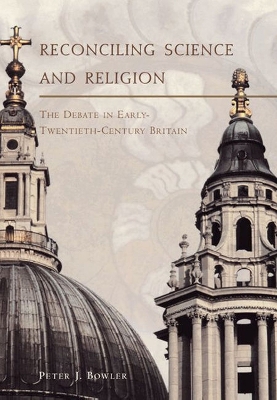This text provides a survey of the interplay between British science and religion from the late 19th century to World War II. The book argues that, unlike the United States, where a strong fundamentalist opposition to evolutionism developed in the 1920s (most famously expressed in the Scopes "monkey trial" of 1925), in Britain there was a concerted effort to reconcile science and religion. Intellectually conservative scientists championed the reconciliation and were supported by liberal theologians in the Free Churches and the Church of England, especially the Anglican "Modernists". Popular writers such as Julian Huxley and George Bernard Shaw sought to create a non-Christian religion similar in some respects to the Modernist position. Younger scientists and secularists - including rationalists such as H.G. Wells and the Marxists - tended to oppose these efforts, as did conservative Christians, who saw the liberal position as a betrayal of the true spirit of their religion.
With the increased social tensions of the 1930s, as the churches move toward a neo-orthodoxy unfriendly to natural theology and biologists adopted the "modern synthesis" of genetics and evolutionary theory, the proposed reconciliation fell apart.
- ISBN10 0226068587
- ISBN13 9780226068589
- Publish Date 1 October 2001
- Publish Status Active
- Publish Country US
- Imprint University of Chicago Press
- Format Hardcover
- Pages 487
- Language English
- URL http://wiley.com/remtitle.cgi?isbn=9780226068589
